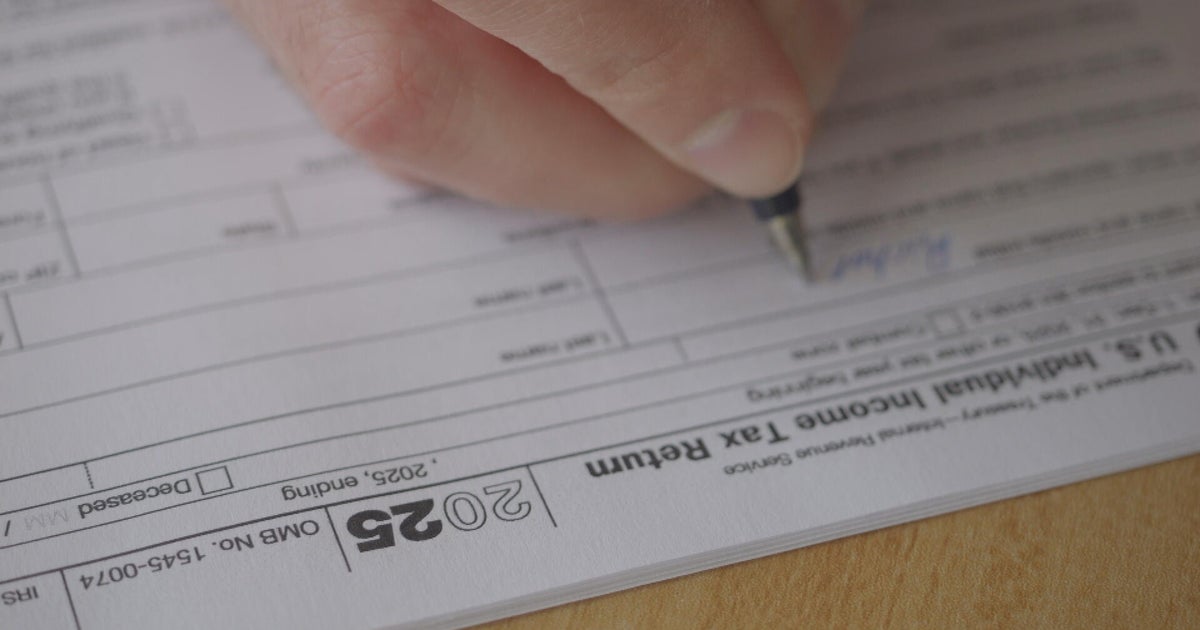5 things you should be paying taxes on (but probably aren't)
When it comes to taxes, most people know you have to report your income from a full-time job or side gig. (Of course, not doing so is a common tax mistake.) But the IRS doesn’t stop there — the agency expects you to pay taxes on all sorts of earnings, including these five things many people overlook.
1. eBay profits
If you sell the occasional item, such as a dress you no longer like or a collectible from your childhood, you likely don’t need to report your eBay income on your taxes. Because the items you auction off are probably selling for less than you originally bought them for, you’re taking a loss and the IRS views the transaction like a garage sale.
But if you sell items regularly — auctioning off 200 items and earning more than $20,000 in sales each year — your income is taxable. PayPal will issue you a 1099-K form with your earnings for the year in addition to reporting your income info to the IRS.
But even if you don’t meet those numbers, you may still have to pay taxes on eBay sales. If you deliberately buy items to resell on eBay or manage an inventory, the IRS considers your eBay store to be a business and will tax your profits as income.
2. GoFundMe campaigns
Crowdfunding sites like GoFundMe are increasingly popular, raising money to help people with everything from medical bills to paying off student loans. But when it comes to taxes, crowdfunding can be extremely complicated.
According to GoFundMe, donations made through the site are considered personal gifts and are usually not taxable as income.
But the key word is usually -- there are exceptions. In 2015, a cancer survivor who received $50,000 in donations got a tax bill for more than $19,000. It gets even more complicated if you collect donations on behalf of someone else. Even if you transfer the money to them, you could be on the hook for paying taxes on the entire amount.
Before creating or cashing out a GoFundMe campaign, talk to a tax professional about what you can do to ensure the IRS views the donations as gifts rather than income. Otherwise, you could end up owing taxes.
3. Free items
Items you receive free from companies can be a tricky area. If they’re true gifts, free things are not taxable. But when there is an exchange of goods and services — such as a company giving you a product in exchange for a review on the item — the IRS considers it bartering and the value of the sample is taxable as income.
This is an important distinction, especially for bloggers and social media influencers who often receive gifted items from companies. While the monetary income from your activity may be small, the value of samples can add up quickly. You may have to pay taxes for the full amount.
4. Forgiven debt
If you have debt your lender forgave, the forgiven amount could be taxable. If you repay your federal student loans with an income-driven repayment plan, for instance, part of your balance may be forgiven if you meet the program’s requirements. That’s great news, but the discharged balance is considered income.
For example, say you were eligible to have $10,000 forgiven because you met the requirements of your income-based repayment plan. While you no longer have to make payments on your loan after it’s been forgiven, the IRS will tax you on the discharged amount of $10,000, and you will be sent a 1099-C Cancellation of Debt form. (Here’s what to know if you get one.)
Exceptions to this rule are loans discharged through Public Service Loan Forgiveness, Teacher Loan Forgiveness and debt eliminated through bankruptcy. In those scenarios, you do not have to pay taxes on the forgiven amount.
5. Fantasy football
Fantasy football is a $3.6 billion industry, one in which the average player spends nine hours a week strategizing. It’s a fun activity that can consume players and take over office spaces. But whether you’re a serious participant or a casual player, the game can have surprising tax implications.
The IRS requires individuals to report winnings from gambling, prizes and hobbies. If you win the office pool or an online league, your prize money is taxable as income.
If your winnings are more than $600, the league or host should send you and the IRS a 1099-MISC form. But even if you win less and don’t get a 1099, you still need to report that income on your taxes.
Keep in mind that you may be able to deduct some of the associated costs, too. If you won $1,000 but it cost $500 to enter, you can report only the net profit.
Find out if you need to pay taxes
When it comes to getting its share of your income, the IRS doesn’t play around. Besides the money you earn from your job, you may owe money for other overlooked activities. If you’re unsure about what to include in your tax return, talk to a tax professional to avoid any penalties or fees.



